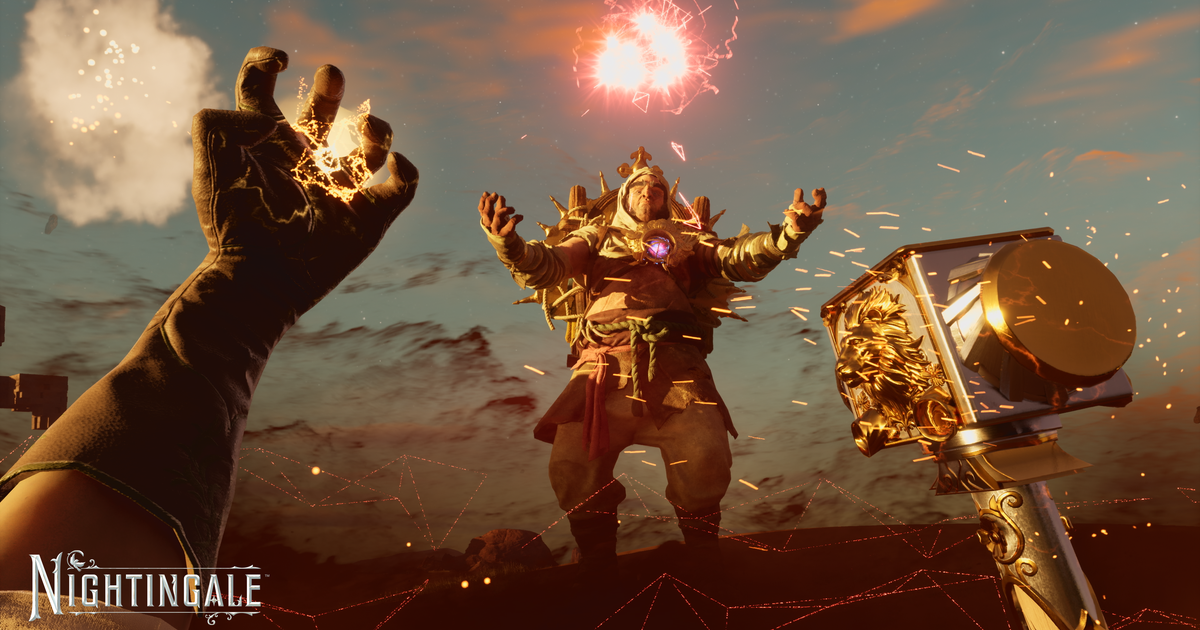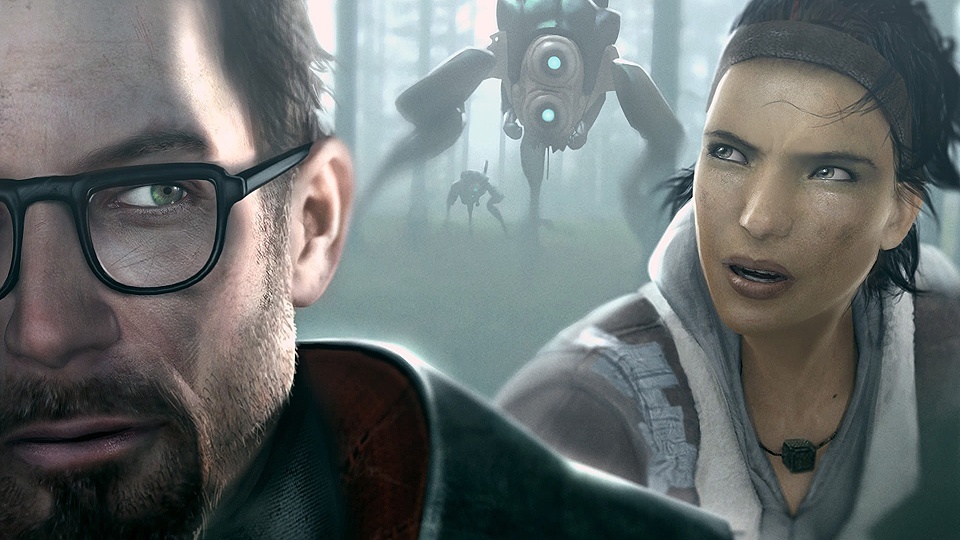If you didn’t know, Nightingale is releasing later this month. It’s a fantasy survival game packed with heart and goodness, and well worth checking out if you like building small settlements and living off berries. But let’s not beat around the bush here. It’s being thrown into the ring by some heavyweights.
Not only do you have a lot of classic games like Valheim, Children of the Forest, and Rust that still have strong followings, but you’re also landing with Palworld – a game that absolutely took the world by storm a few weeks ago. Thankfully, Nightingale had another card up her sleeve. No, it’s not an ace. It’s a realm card – a new feature that might set the game apart from its contemporaries.
iGamesNews
“The ability to dynamically change gameplay and change the look and feel of your realm is very unique. I think we’ve only scratched the surface with the live service,” said Inflexion Games CEO Aaryn Flynn. When I asked him to pick one aspect of Nightingale that he felt would make the game stand out from its peers, Realm Cards quickly came up.
For those unfamiliar with the game and its features, here’s how it works. Nightingale allows players to adventure between different “realms” via gateways, but these realms are not static. In order to change the direction they are heading, players can use realm cards to change things. Primary realm cards adjust biomes and more general functionality, while secondary realm cards add more unique twists that are hard to find in other survival games.
Flynn elaborated on the feature: “The idea behind Realm Cards has always been toward player autonomy. Survival crafting games are at their best when players are able to manage and control their own actions and solve challenges in the world. Players can come up with Unique and a fun way to develop strategies to overcome them. You get to choose your gear, your clothing, and maybe NPC companions. Many of them are very well done [in other games], so we came up with this idea to allow players to interact with world systems and control them using these realm cards. “
The results can get quite extreme and are consistent with the fairy-filled fantasy settings Nightingale inhabits, blending Victorian technology with magic and mystery. Based on our own experience with the game, the fruition of this idea ultimately comes from player expression and the ability to conduct their own adventures in unique ways. Flynn tends to agree, and has prepared an anecdote to show how much Realm Cards impact player experience.
“The most fun things we have are when we have really weird combinations, thanks to cards with really unique abilities,” Flynn revealed. “There’s a card called “Trickster” that changes the resources you get from various places you go. So if you chop down a tree, you might get meat! It’s random. I saw One player asked if they could live off berries and other food long enough so that they could use cheat cards to get other food without having to kill creatures in the game. I think that’s cool! I didn’t know if that was possible , but it’s a brilliant idea, and it’s the kind of seed we’d love to plant.”
Nightingale has been in development for about five years, and as you might have guessed, there were a ton of realm card concepts that were languished on the cutting room floor while the game was out in Early Access. Flynn gave me a look at such a card while also teasing that it might appear in the game in the near future.
“There was an idea for a Thousand Frog Kingdom card, and it was a super cool idea. It came about because I hate frogs – I have a weird aversion to frogs. So when I started playing this game one day, I thought , what? I didn’t even know the team was making it. So this popular joke turned into the Frog Kingdom idea, and we could do that with a Little Kingdom card. But making me sad wasn’t the priority for this project mission, so we ended up focusing on other things. I wouldn’t be surprised if you see a lot of Frog Realm cards in the future, though!”
Ultimately, I think the reason the realm card system excites me so much is that it taps into one of the greatest strengths of these open-ended survival games: a rich source of player stories and original experiences. They have a shock factor that’s distinct from other games – something Flynn claims to take seriously.
“I have a colleague who is a creative director at the studio and he says that games are at their best now when they become story engines, and that always resonates with me,” he said. “As developers, we can tell a story, and we can craft that story for players, and there’s a lot of value in that. But with these sandbox games – you might want to tell your friends last night when you were playing the game in Nanding What happened to Geer.”
Would you like to try Nightingale when it launches later this month? Let us know below.


_NtrMQ5H.png?width=690&quality=70&format=jpg&auto=webp)






